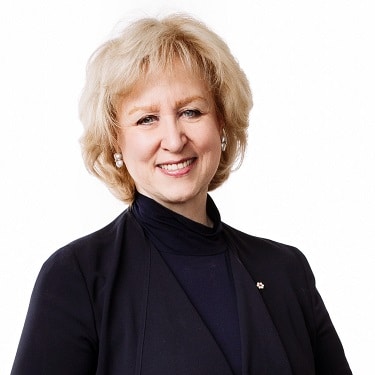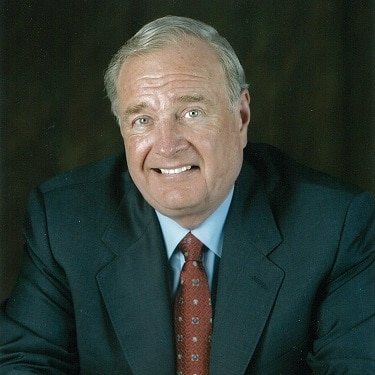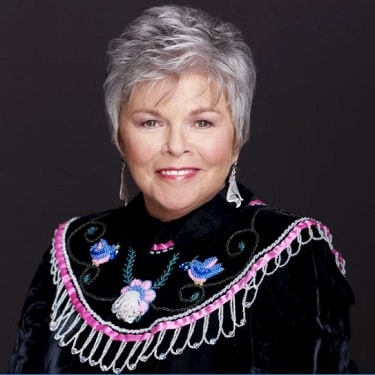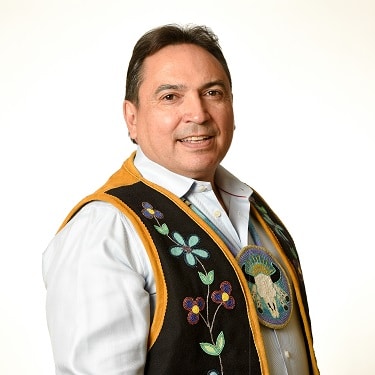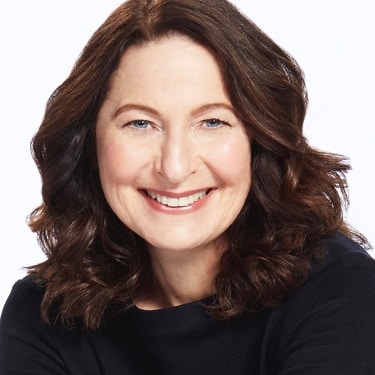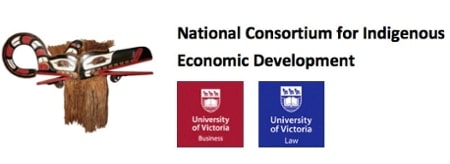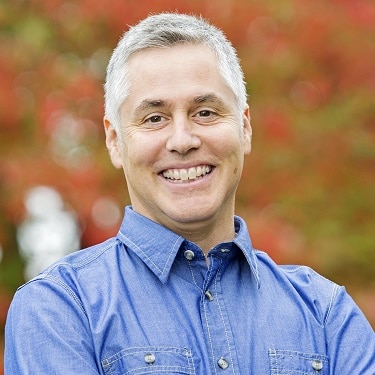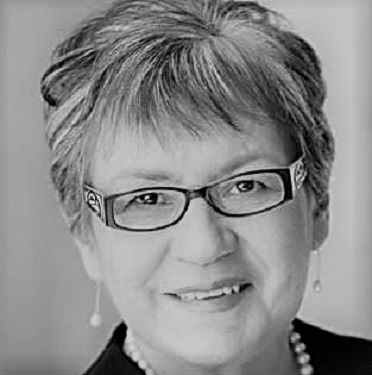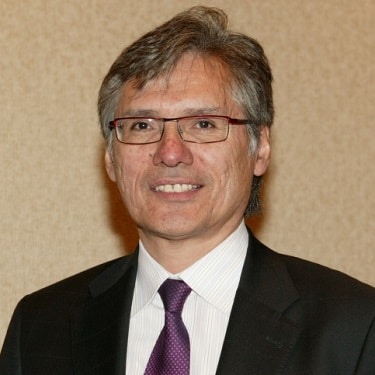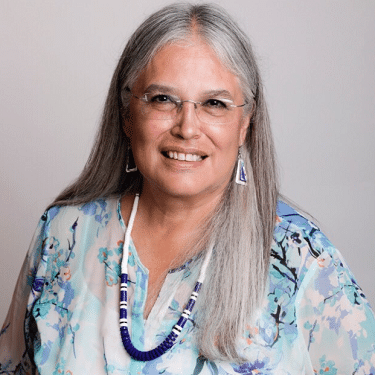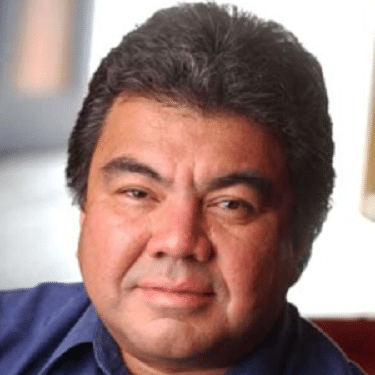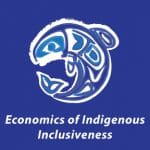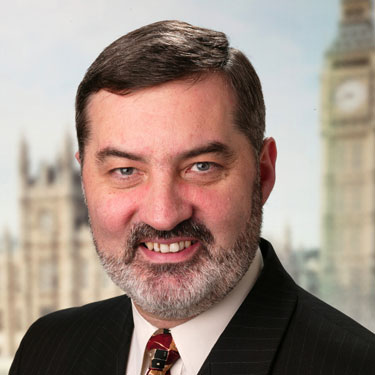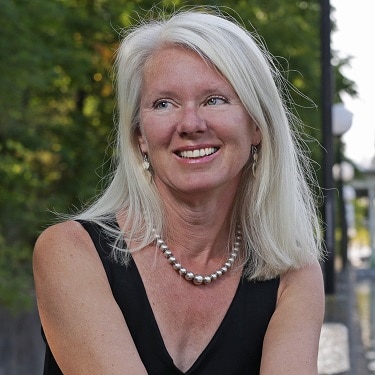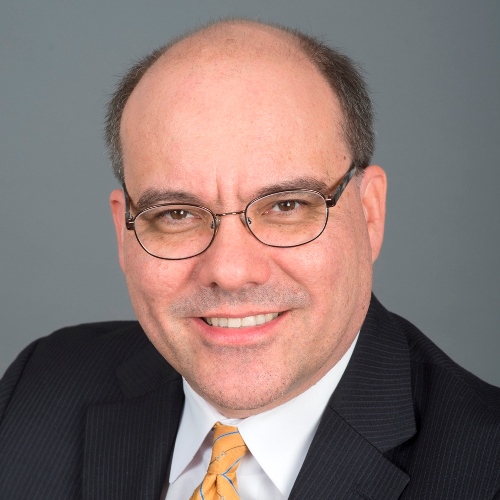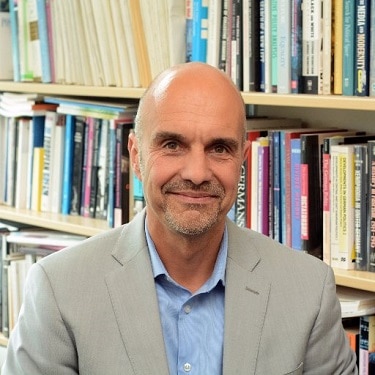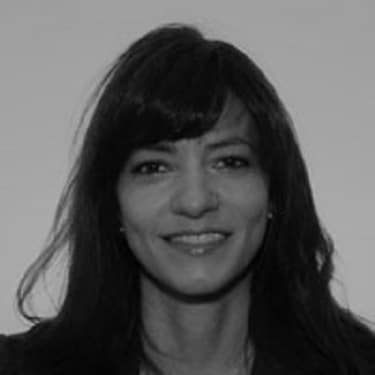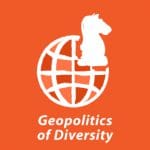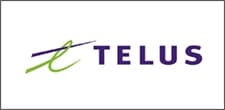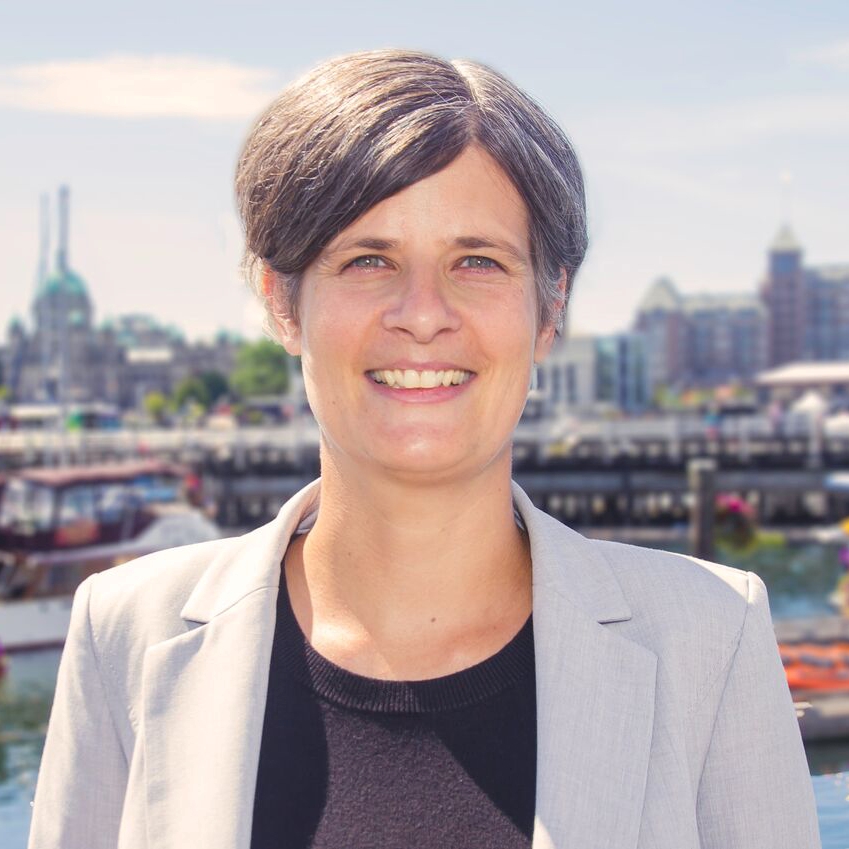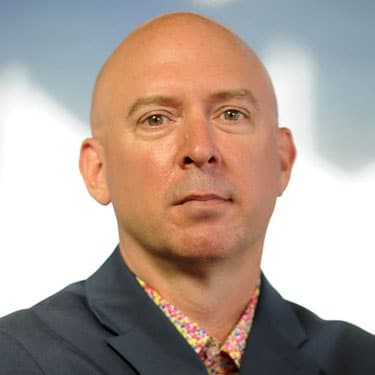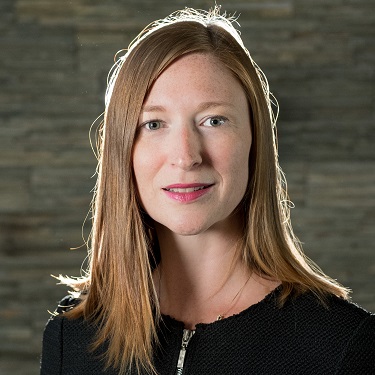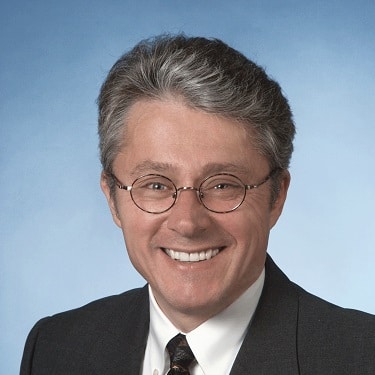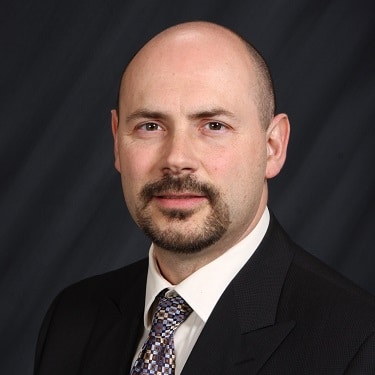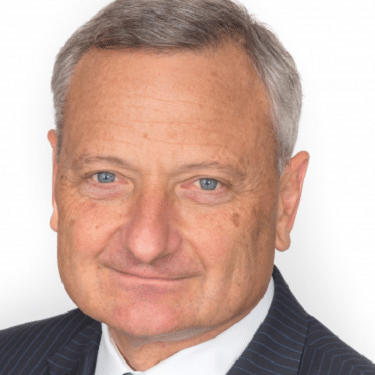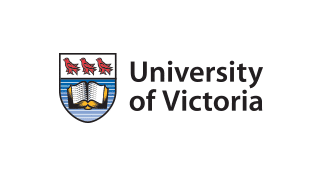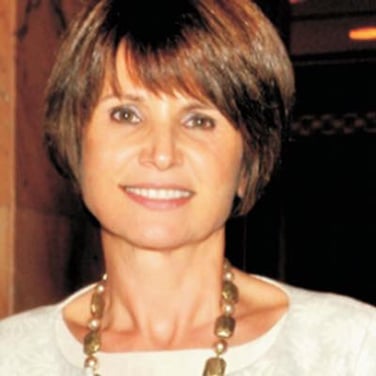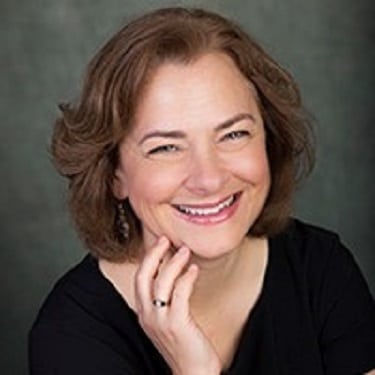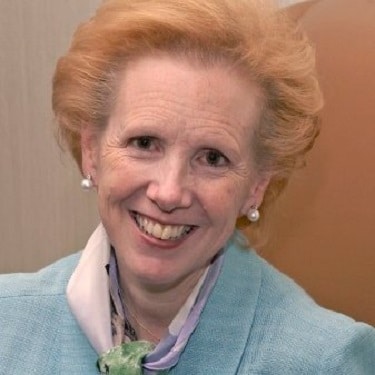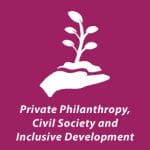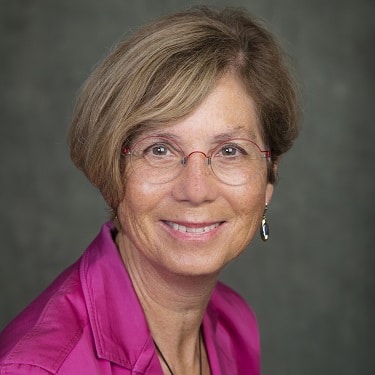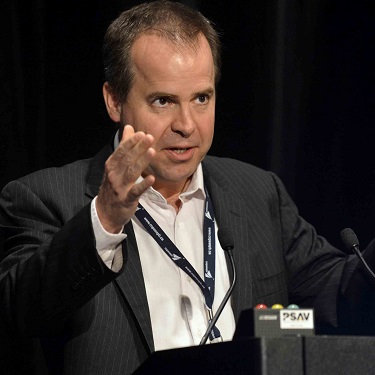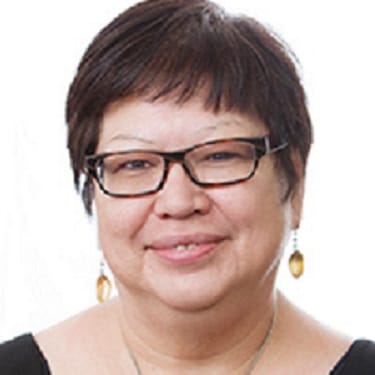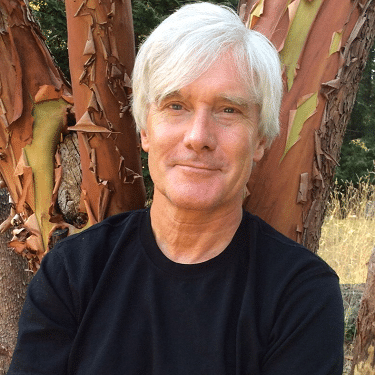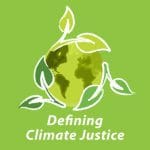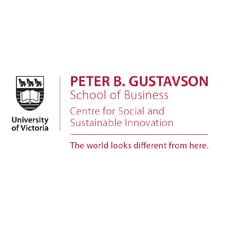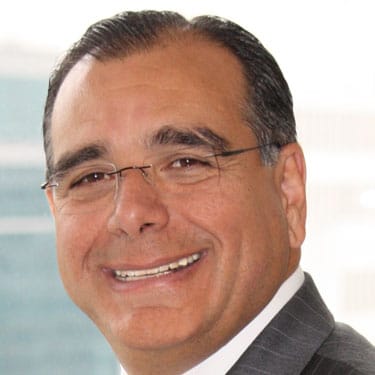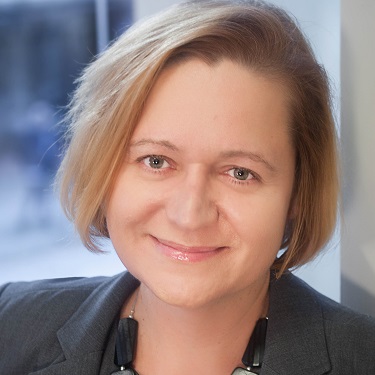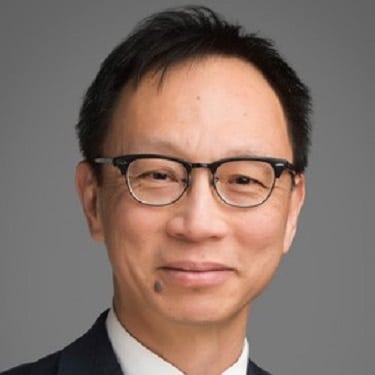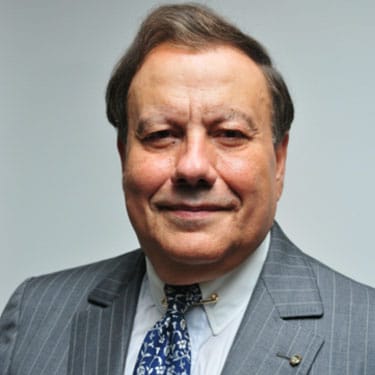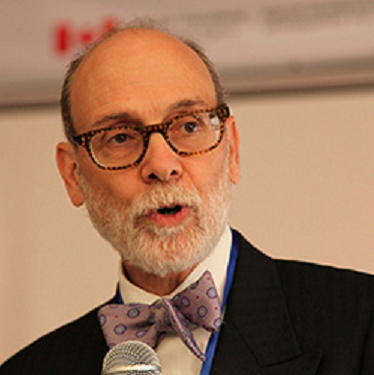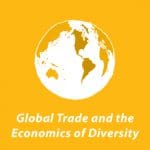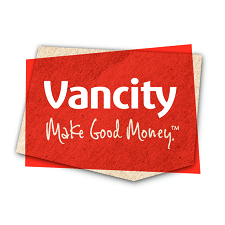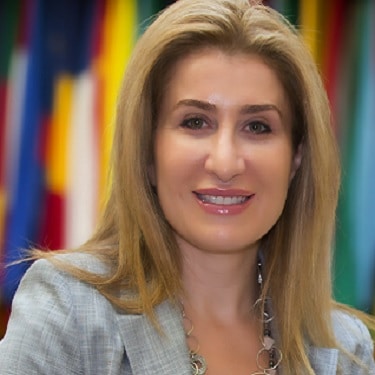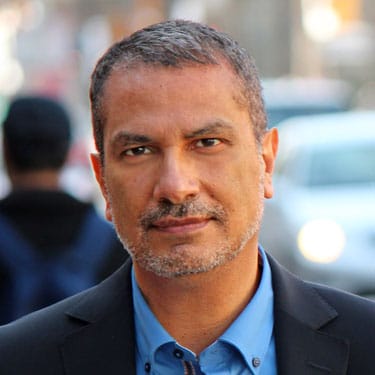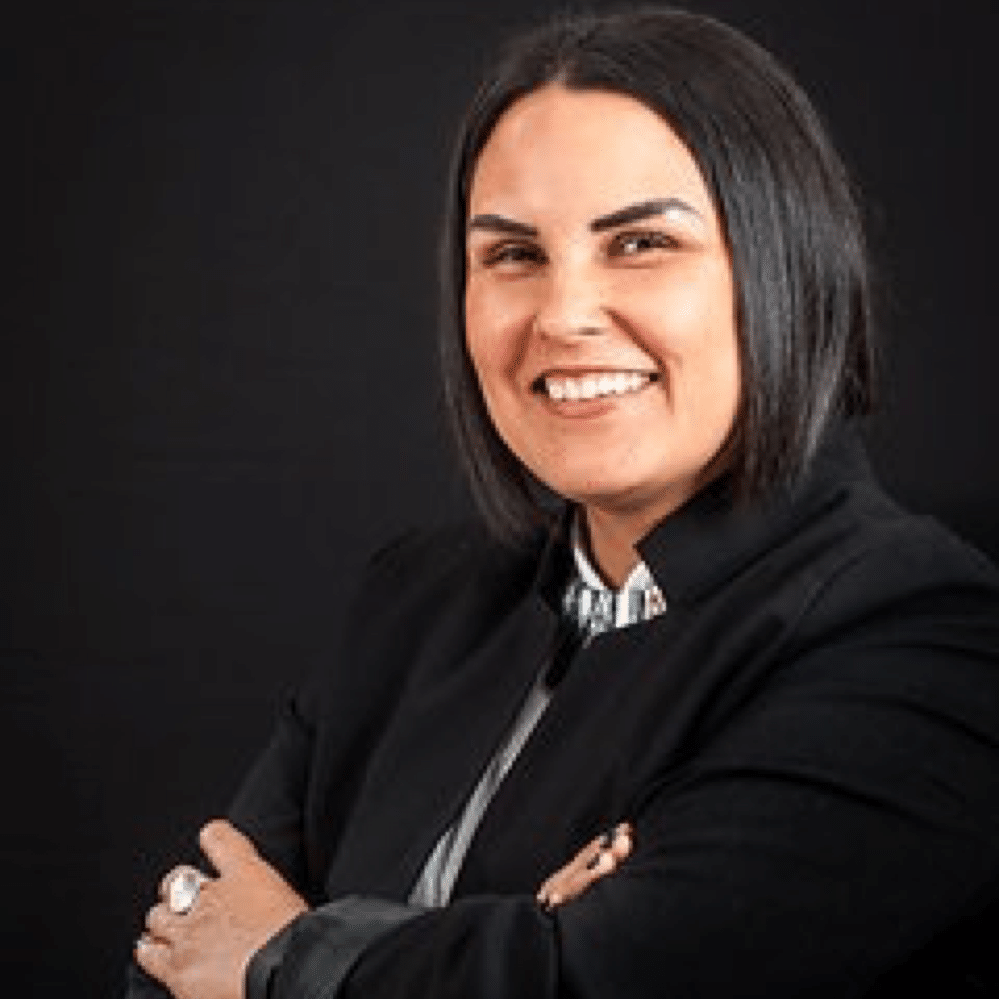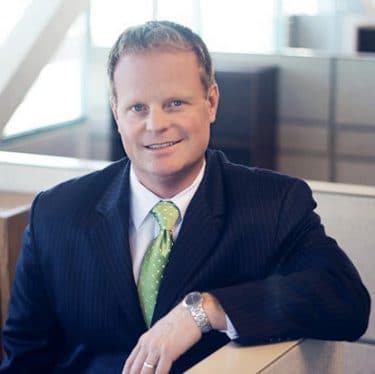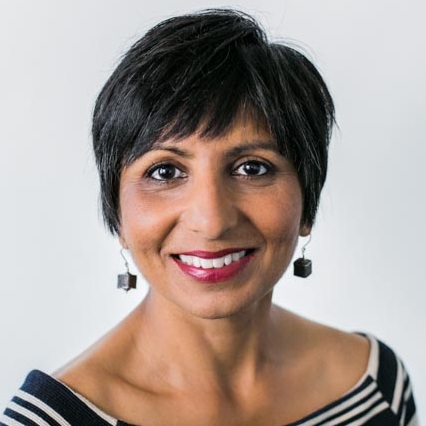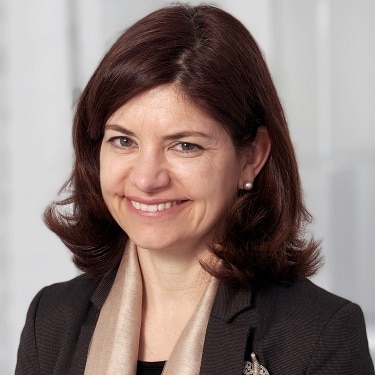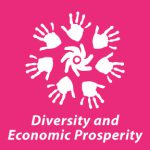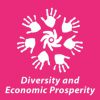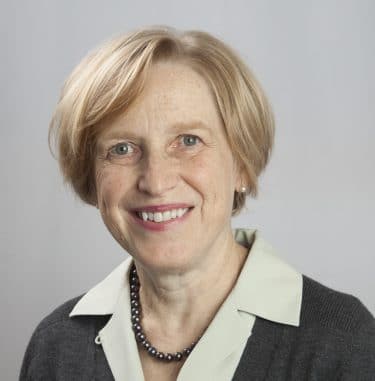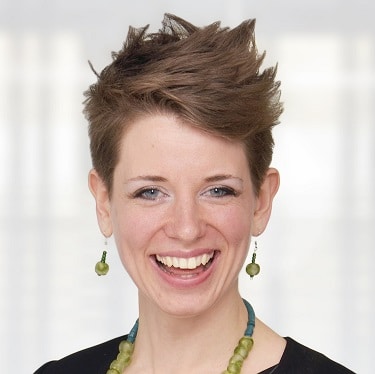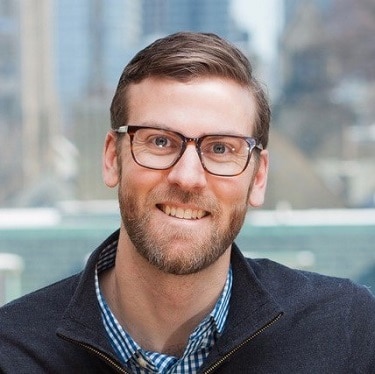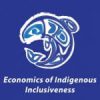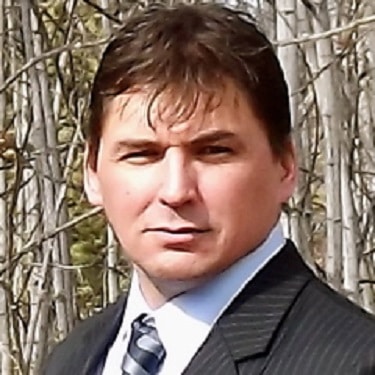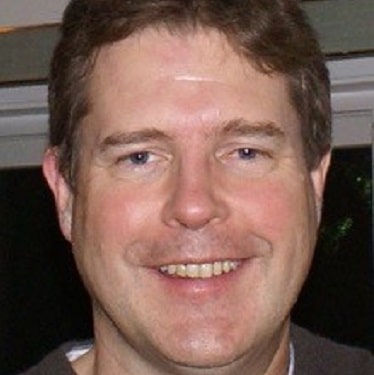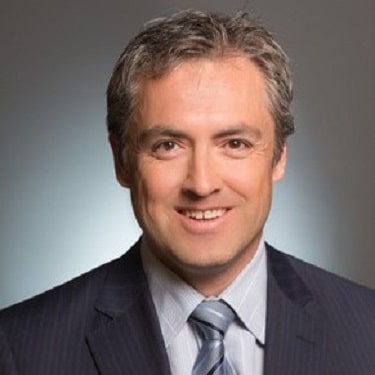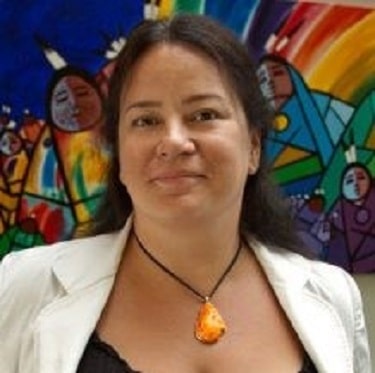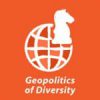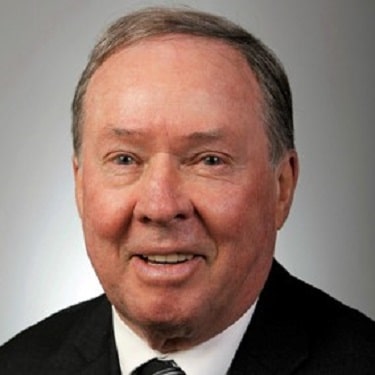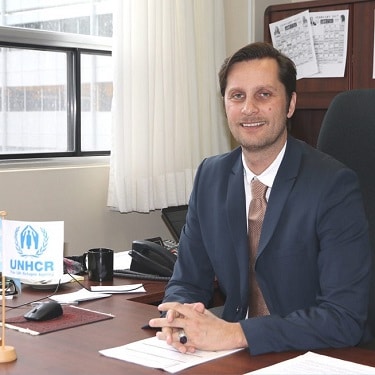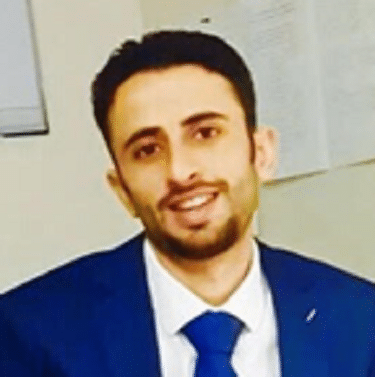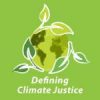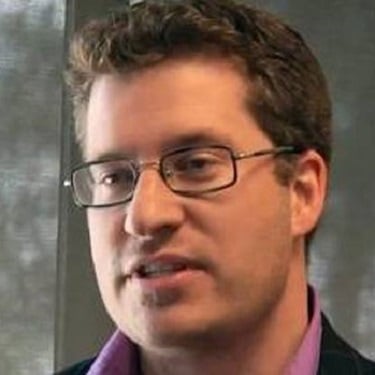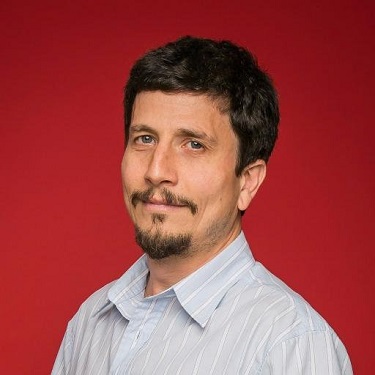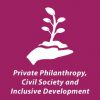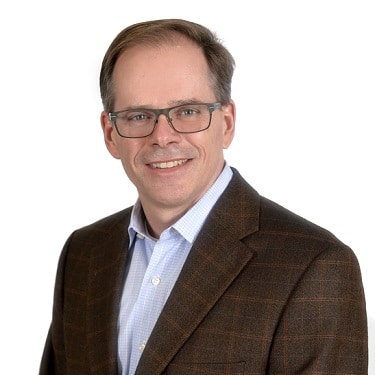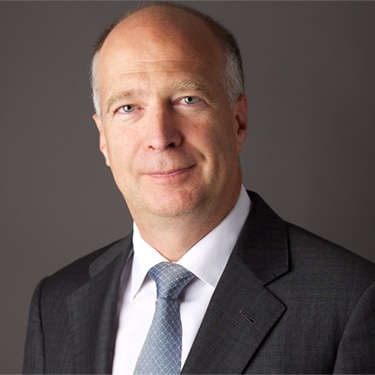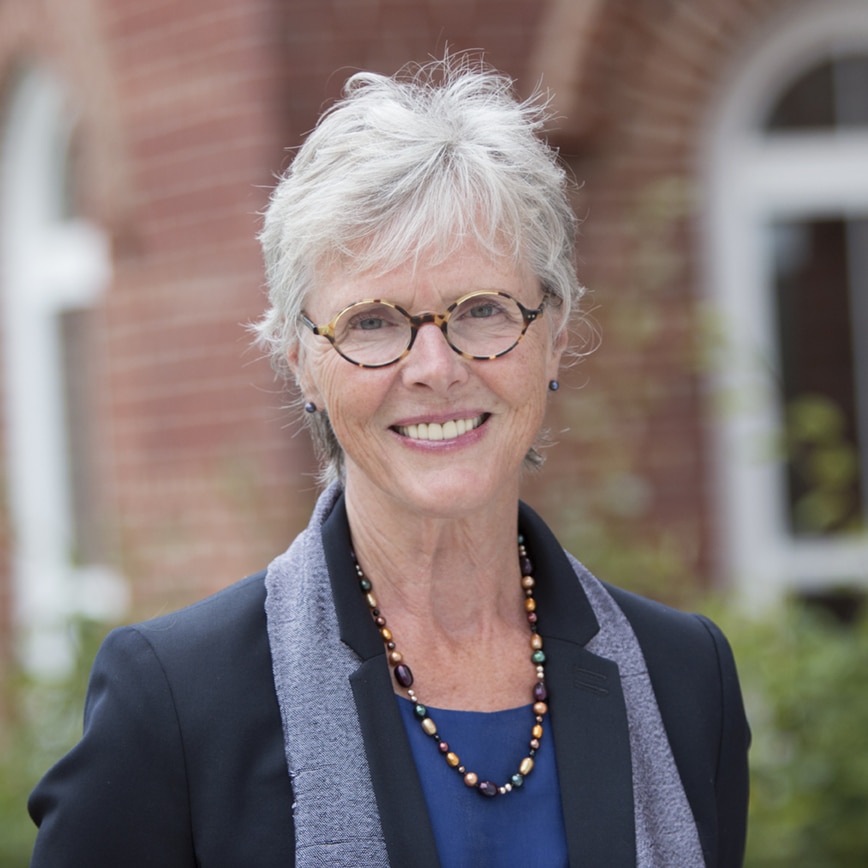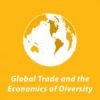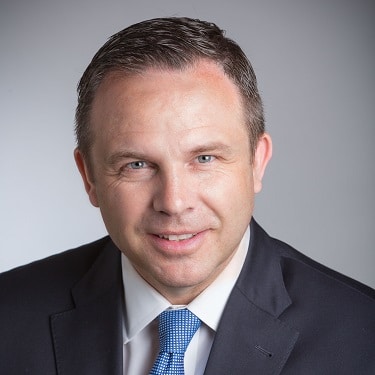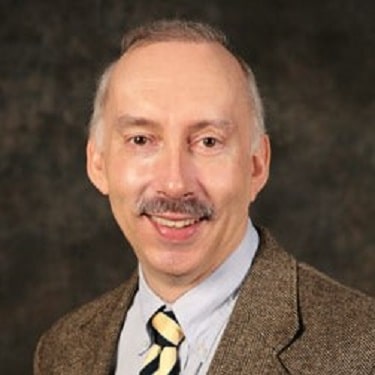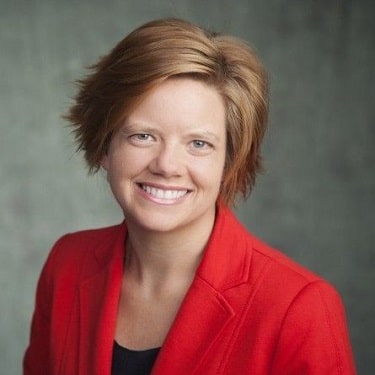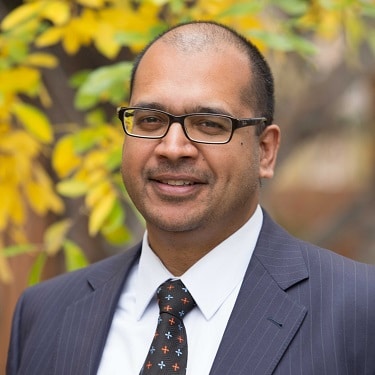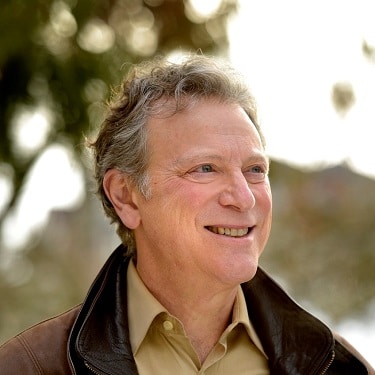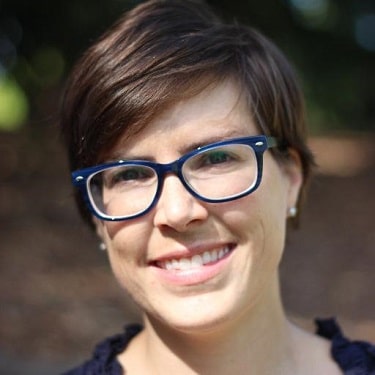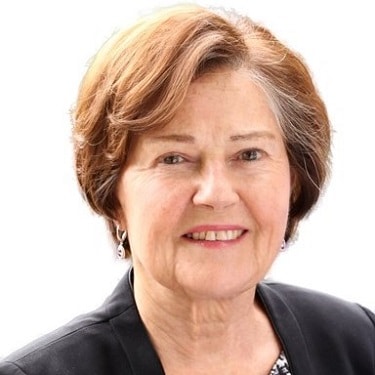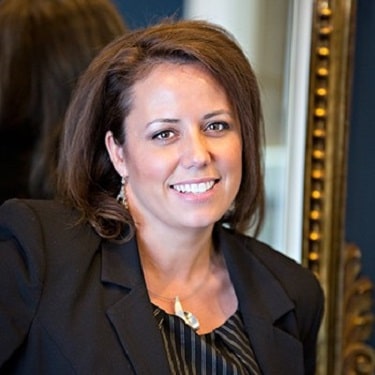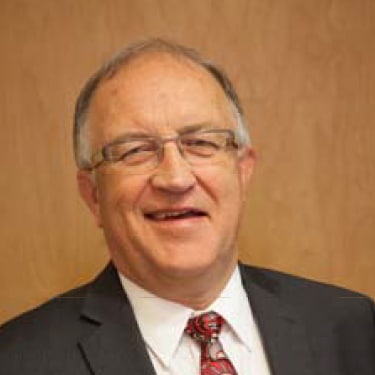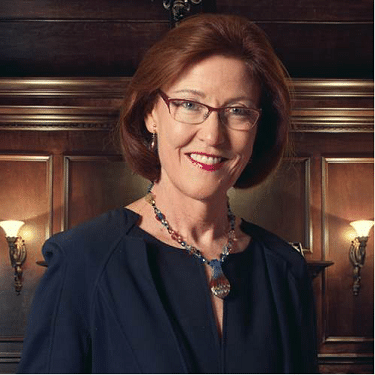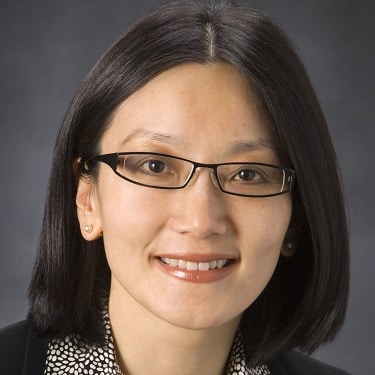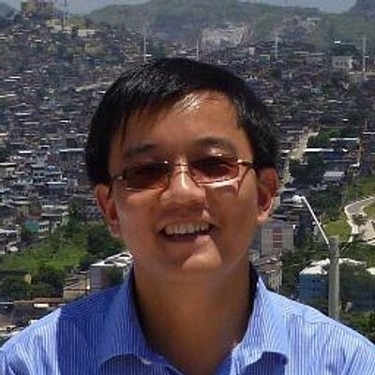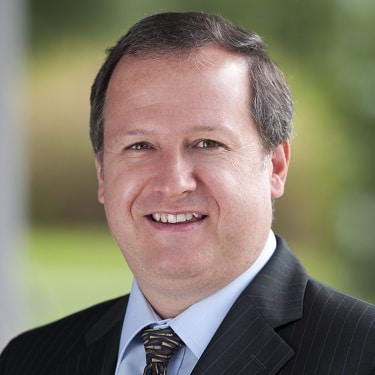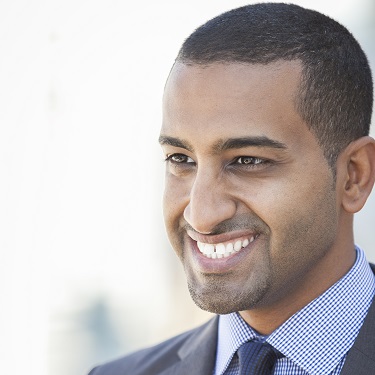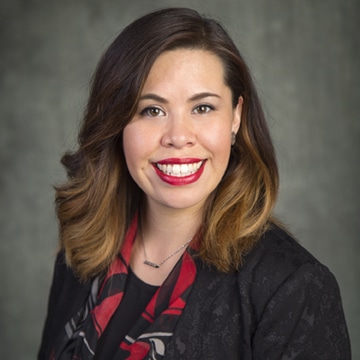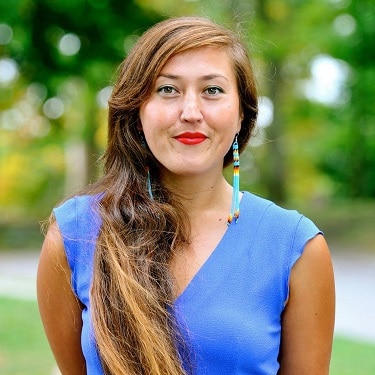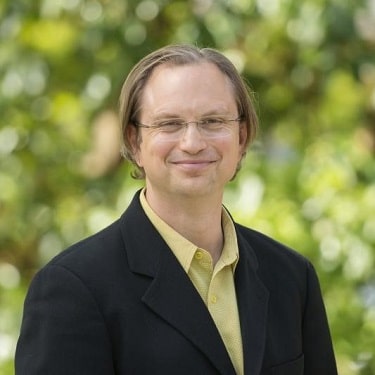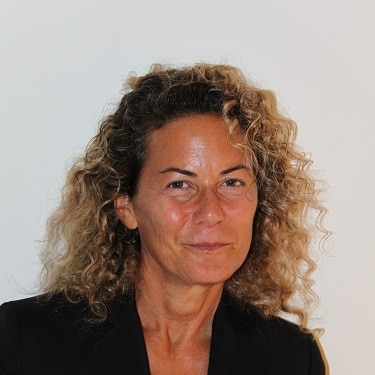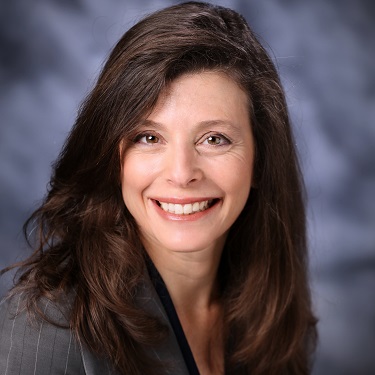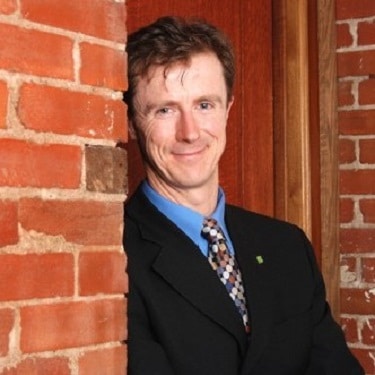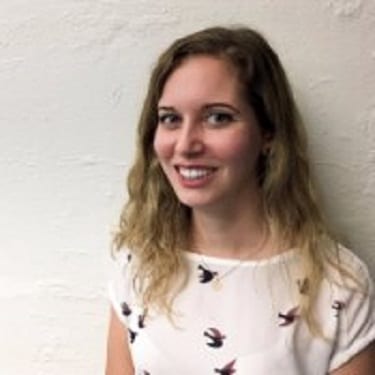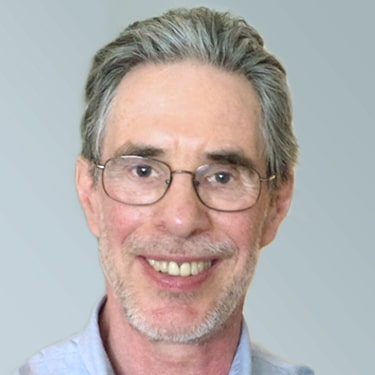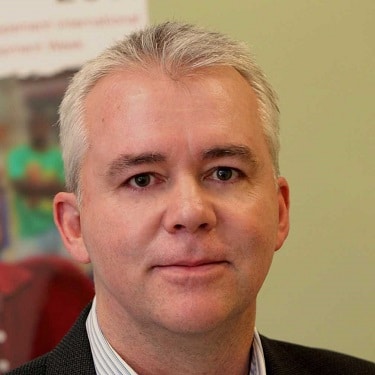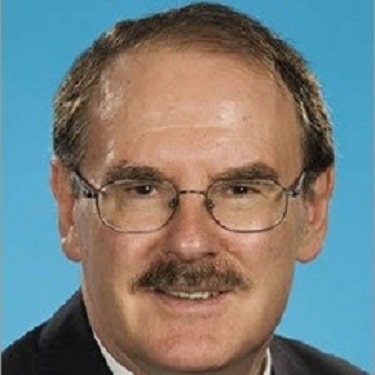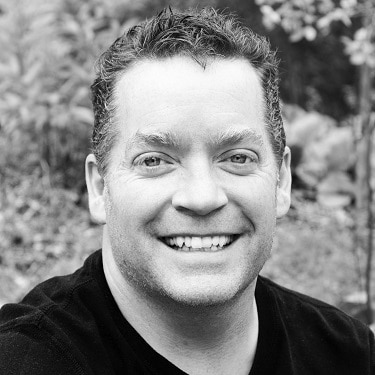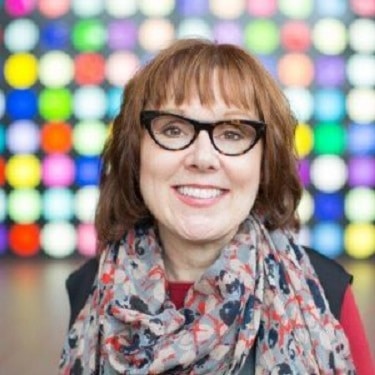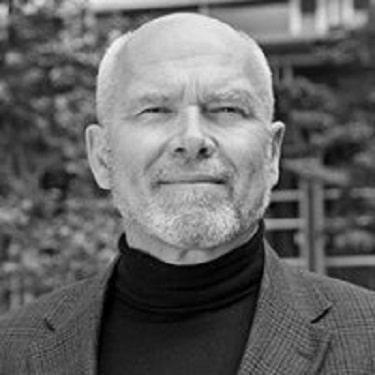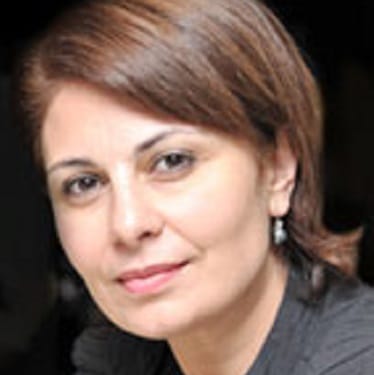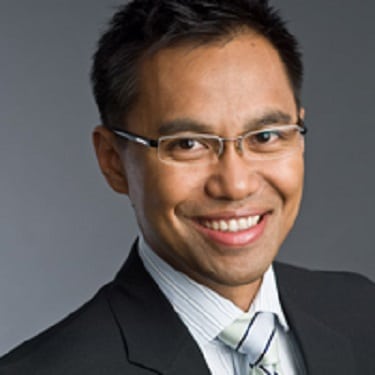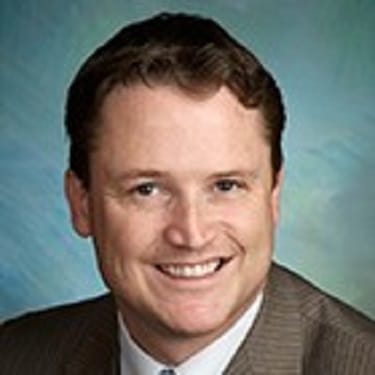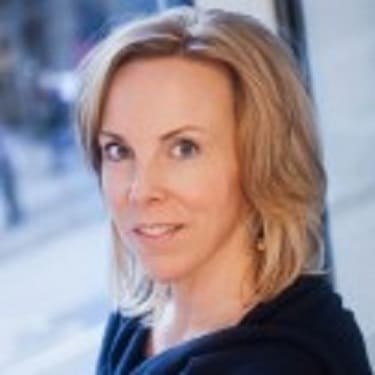Think tank sessions are designed to stimulate constructive and evidence-based conversations leading to actionable recommendations (novel ideas, call for actions or new challenges). All participants are encouraged to engage with the discussants and the moderators and contribute to the conversations.
THE NEXT 150: MINDFUL OF OUR PAST FOR A BETTER FUTURE
Friday, November 17, 2017 @ 3:30 PM
Victoria Conference Centre, Pre-Function Hall
The Victoria Forum launches with an inspiring and provocative panel with Former Prime Ministers Kim Campbell and Paul Martin, Assembly of First Nations National Chief Perry Bellegarde, and renowned Indigenous activist Roberta Jamieson sharing their vision for the next 150 years, taking stock of the past, and what they see for the future.
Panelists:
Moderator:
Moderator Anna Maria Tremonti, award-winning host of CBC Radio’s The Current, will moderate their conversation to help spark ideas that will take Victoria Forum delegates into the next two days, and encourage them to think differently about Canada’s approach to diversity and inclusion.
DEFINING THE NATION TO NATION PARADIGM
Saturday, November 18, 2017 @ 8:25 AM
UVic, University Center, Farquhar Auditorium
This panel focuses on the contemporary attempts by Indigenous peoples to participate in economic development while nourishing and strengthening their world-views and aspirations. Indigenous peoples have struggled against assimilation throughout Canadian history and Indigenous peoples have worked to ensure development does not further erode relationships with their lands, languages, resources, and social standing. These conditions for engagement in economic development produce challenges and opportunities for Indigenous peoples and others in creating prosperity across Canada. This powerful panel focuses on defining the 'nation-to-nation' paradigm, by addressing questions like:
Can Indigenous peoples retain their distinctive political, legal and cultural status when engaged in economic development?
How can Indigenous peoples develop?
How can Indigenous peoples develop capacity to grow their own and other’s economies?
What the 'nation-to-nation' really mean? How will it be implemented?
What kind of leadership is required?
Who is the most effective governance solution?
Where might Indigenous economic development be focused to take advantage of new opportunities in the next 10-15 years?
Panelists:
Moderator:
The conversation will be moderated by Miles G. Richardson O.C. a citizen of the Haida Nation and Canada. Miles is advocating for the 'nation-to-nation' paradigm as a solution for positive inclusiveness of indigenous communities around the country.
TOWARDS A GLOBAL INCLUSIVE AGENDA: DOMESTIC & INTERNATIONAL PERSPECTIVES
Saturday, November 18, 2017 @ 10:10 AM
UVic, University Center, Farquhar Auditorium
Cross-border mobility of goods, services and people has reached unprecedented levels in particular in the Global North. At the same time, security concerns in the wake of terrorist attacks have led to a fortification of borders around the world. Moreover, fear of the ethnic, cultural or religious “other” has rapidly led to a rise in xenophobic sentiments.
These developments pose a particular challenge to the globally 65.3 million forcibly displaced people. The current refugee crisis poses a structural and increasingly pressing challenge for the world community. Liberal democracies will have to develop effective and morally valid responses given their political and legal commitment to protecting the right to political asylum and human rights. Similarly, liberal democracies are tested in their resolve to withstand ideologies that exclude the non-national “other” or depict migrants as incompatible with national identity. In the face of growing populism, xenophobia and violent extremism, it is important, now more than ever, to promote inclusion as a strategy to address complex global challenges and to emphasize the benefits we enjoy when we successfully leverage our diversity as a strength. The Victoria Forum will explore the benefits of diversity, openness and inclusiveness.
The panel conversation will focus on questions like:
- What are the main challenges we face, both in Canada and internationally, in striving to foster a more inclusive societies?
- Under what circumstances can diversity-based inclusion play a role in peace-building efforts?
- What are some of the key development outcomes of inclusion and how can these be leveraged as a positive force against the corrosive impact of exclusion on individuals and societies?
Panelists:
Moderators:
The conversation will be guided by two very knowledgeable experts. Mrs. Giuliana Natale is the Director of the Inclusion and Religious Freedom Division within the Office of Human Rights, Freedoms and Inclusion at Global Affairs Canada. Dr. Oliver Schmidtke is the Director of the Center for Global Studies at the University of Victoria.
ARE SMART CITIES FOR ALL?
Saturday, November 18, 2017 @ 11:30 AM
UVic, Student Union Building, Michele Pujol Room
Cities around the world are labelling themselves, “smart”. Our lunch panel will examine if smart cities are more inclusive and sustainable. They will engage on this topics from perspectives of politics, technology & communications, sustainability and social innovation. Panelists will address questions like:
What makes cities smart?
Are smart cities better places to live and are they more inclusive?
How do new technology and the power of networking help eliminate the multiple divides in cities?
Are smart cities more sustainable and do they promote preservation?
What will it take for Victoria to become a smart leader for Canada and the world?
Presenter and Panelists:
Moderator:
Moderator Dr. Daniel F. Muzyka, President Chief Executive Officer of the Conference Board of Canada and former Dean of the University of British Columbia’s Sauder School of Business, will moderate their conversation to help develop ideas that will take Victoria Forum delegates into the next day, and encourage them to develop innovative solutions.
NEW PARTNERSHIPS FOR INCLUSION AND DEVELOPMENT
Saturday, November 18, 2017 @ 1:15 PM
UVic, University Center, Farquhar Auditorium
This panel will be presented by Dr. Norah McRae, Executive Director, Co-operative Education Program and Career Services, and Director, Office of Community-University Engagement, Univeristy of Victoria
The panel focuses on exploring the role of private philanthropy and civil society in promoting socio-economic inclusion. Foundations are emerging as a potent force in development. Less well known is the work that philanthropy does to promote social inclusion within communities in Canada. Critics express concerns about the lack of transparency and accountability of private philanthropy. Proponents argue that private philanthropy offers creative and entrepreneurial solutions to persistent social issues that traditional institutions have failed to resolve. This panel will explore questions like:
What role should private philanthropy play in inclusive development, both domestically and internationally?
Does philanthropy have a distinct strategic role in sustainable development in Canada? How can philanthropy contribute to Canada’s pursuit of the United Nations’ Sustainable Development Goals (SDG’s)?
What is private philanthropy’s role in strengthening community capacity for social innovation in the face of complex challenges including worsening economic inequalities, threats posed by climate change and the challenges of including and integrating immigrants and refugees, and reconciling with indigenous communities?
How does the current populist political environment affect the role of private philanthropy?
How does philanthropy contribute to new models of partnership or governance in cross-sectoral collaborations?
Presenter and Panelists:
Moderator:
Hilary Pearson, President of Philanthropic Foundations Canada, will guide the discussion and set the stage for delegates to continue the conversation in the think tank sessions.
DEFINING CLIMATE JUSTICE
Saturday, November 18, 2017 @ 3:00 PM
UVic, University Center, Farquhar Auditorium
As the impacts of climate change accelerate, people of all current socio-economic conditions will feel the effects.This panel will look at three aspects of “climate justice”, posed through questions that will explore solutions to how we can and should begin to consider dealing with thechallenges ahead. The consequences of not addressing this complex issue could be significantly destabilizing, and cause untold harm to large groups of people and other species around the globe. Panelists will engage in a discussion around the following questions:
Who tells the story about the climate justice?
What are the perspectives around climate justice?
How do different cultural values (e.g. First Nations) change solution pathways?
What are some solutions to address climate change that can address multiple perspectives?
What are some socially just solutions for dealing with these changes?
Who should take responsibility for dealing with the economic and social impacts of climate change where it seriously threatens livelihoods?
Should climate justice be expanded to include other species and ecosystems?
Should we consider other species when we make our decisions about how to mitigate and adapt to future climate regimes? And if we do include all life on the planet how does this shift the debate about climate justice to include all life on the planet?
Panelists:
Moderator:
Dr. Peter Robinson will moderate the conversation and exchanges with the audience. Dr. Peter Robinson is the former Chief Executive Officer of the David Suzuki Foundation.
He began his career working as a park ranger in wilderness areas throughout BC, where he was decorated for bravery by the Governor General of Canada. After his park career, he worked at BC Housing, eventually becoming its CEO. Prior to his current position, he served as the CEO of Mountain Equipment Co-op.
His humanitarian work includes working with the International Red Cross as well as leading a team that monitored detained asylum seekers in BC. He served as a Director on the Board of Imagine Canada, an organization that supports charities across the country.
Dr. Robinson holds a Master of Arts in Conflict Analysis and Management, a Bachelor of Arts in Geography, as well as diplomas in Community Economic Development and Fish & Wildlife Management. He completed a Doctor of Social Sciences in 2014.
GLOBAL TRADE AND THE PROMOTION OF INCLUSIVE ECONOMIES
Saturday, November 18, 2017 @ 4:25 PM
UVic, University Center, Farquhar Auditorium
As we witness anxiously the progress of the NAFTA negotiations, this panel explores whether Canada provides genuine alternatives in our international outlook and global partnerships and whether we possess the willingness, strategic vision and capacity to effectively balance global trade and economic integration with the sustainability of local communities and the environment. This group of forward thinkers and experts will engage in a constructive and evidence-based conversation about:
Does Canada possess an environment of genuine diversity that can be leveraged in concrete ways to effectively enhance global trade and other partnerships, particularly with Asia?
What are the international perspectives on Canadian diversity in terms of development assistance, capacity building, governance, international trade, and the global talent pool and international connectedness?
Where are the gaps in Canadian perceptions, willingness and capacity that constrain more effective engagement with international partners, especially in Asia?
What practical strategies can be implemented to effectively leverage existing diversity in Canada, and enhance diverse perspectives and understanding by more Canadians to facilitate mutually beneficial international partnerships?
Panelists:
Moderator:
Moderator Dr. Daniel F. Muzyka, President Chief Executive Officer of the Conference Board of Canada and former Dean of the University of British Columbia’s Sauder School of Business, will moderate their conversation to help develop ideas that will take Victoria Forum delegates into the next day, and encourage them to develop innovative solutions to address global trade and inclusive economies.
INCLUSIVE SOCIO-ECONOMIC PROGRESS
Sunday, November 19, 2017 @ 8:55 AM
UVic, University Center, Farquhar Auditorium
Inclusiveness is about developing positive responses to the presence of difference. It involves the development of both mechanisms and mindsets that can peacefully and effectively provide outlets for the tensions that will inevitably arise in a diverse society. This is neither an easy nor a quick process.
For diversity and pluralism to be sustainable, it requires that constant efforts are made to try and ensure all members of society have the opportunity to be included in the political, social and economic spheres of life, and to identify and remedy sites of exclusion. This panel will address the following questions:
Does Canada have the tools and resources to ensure our celebrated pluralism is resilient enough to resist the global tide of xenophobia and populist parties? What are the limitations of the Canadian experience?
How should Canada reap the diversity dividend?
How can the Canadian experience contribute to strengthening pluralism in other countries?
What lessons can be learned from other societies?
Presenter and Panelists:
Moderator:
Ms. Jennifer Petrela, Director of Content and Strategic Engagement at the Pierre Elliott Trudeau Foundation, will guide the conversation. She came to the Foundation after eight years with multilateral development banks and academic and government bodies. She combines the corporate, social and environmental knowledge.
THINK TANK SESSIONS (BLOC 1)
Sunday, November 19, 2017 @ 10:30 AM
CAN CANADA EXPORT THE IDEA OF “PLURALISM”?
UVic, David Strong Building C116
Discussants
Moderator:
FIRST NATIONS LEADERSHIP AND GOVERNANCE
UVic, First People House
Discussants
Moderator:
GOVERNING REFUGEES, DIVERSITY AND INCLUSION IN A GLOBALIZING WORLD
UVic, David Strong Building C108
Discussants
Moderator:
WHO TELLS THE STORY ABOUT CLIMATE JUSTICE?
UVic, David Strong Building C113
Discussants
Moderator:
PHILANTHROPY AND SUSTAINABLE DEVELOPMENT
UVic, David Strong Building C112
Discussants
Moderator:
GLOBAL TRADE AND ECONOMIC GROWTH: TPP, CETA, NAFTA AND THE BACKLASH AGAINST GLOBALISATION: HOW TO ADDRESS TRADE DIFFERENTLY
UVic, David Strong Building C122
Discussants
Moderator:
THINK TANK SESSIONS (BLOC 2)
Sunday, November 19, 2017 @ 12:45 PM
Think tank sessions are designed to stimulate constructive and evidence-based conversations leading to actionable recommendations (novel ideas, call for actions or new challenges). All participants are encouraged to engage with the discussants and the moderators and contribute to the conversations.
COMBINED SESSION: IS CANADIAN DIVERSITY A MYTH OR REALITY?
UVic, David Strong Building C116
Discussants
Moderator:
DEFINING THE NATION TO NATION RELATIONSHIP
UVic, First People House
Discussants
Moderator:
JUST SOLUTIONS FOR COMMUNITIES THREATENED BY LESS PREDICTABLE ENVIRONMENTS
UVic, David Strong Building C113
Discussants
Moderator:
PHILANTHROPY, DIVERSITY AND INCLUSION
UVic, David Strong Building C112
Discussants
Moderator:
LOCAL ECONOMICS OF DIVERSITY AND INCLUSION
UVic, David Strong Building C122
Discussants
Moderator:
THINK TANK SESSIONS (BLOC 3)
Sunday, November 19, 2017 @ 2:15 PM
Think tank sessions are designed to stimulate constructive and evidence-based conversations leading to actionable recommendations (novel ideas, call for actions or new challenges). All participants are encouraged to engage with the discussants and the moderators and contribute to the conversations.
HOW CAN WE MAKE CANADA A MORE WELCOMING PLACE?
UVic, David Strong Building C116
Discussants
Moderator:
ACTION INITIATIVES: ENTREPRENEURSHIP, FIRST NATIONS LAW, AND ECONOMY OF AFFECTION
UVic, First People House
Discussants
Moderator:
BUILDING AN INCLUSIVE AND WELCOMING SOCIETY – A GRASS ROOTS PERSPECTIVE
UVic, David Strong Building C108
Discussants
Moderator:
CLIMATE JUSTICE FOR ECOSYSTEMS
UVic, David Strong Building C113
Discussants
Moderator:
PHILANTHROPY AND SOCIAL INNOVATION
UVic, David Strong Building C112
Discussants
Moderator:
Capacity Building for Diversity and Inclusion
UVic, David Strong Building C122
